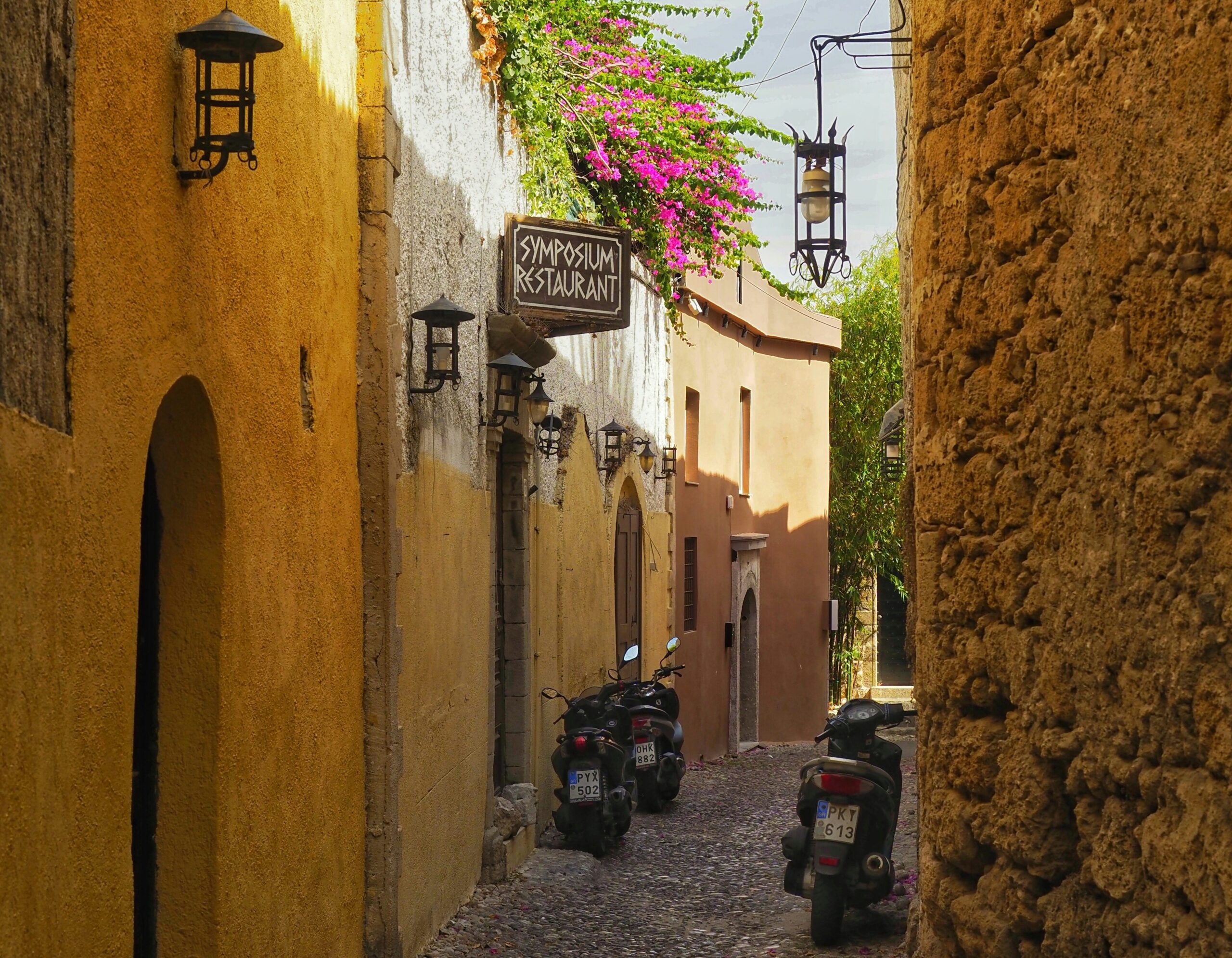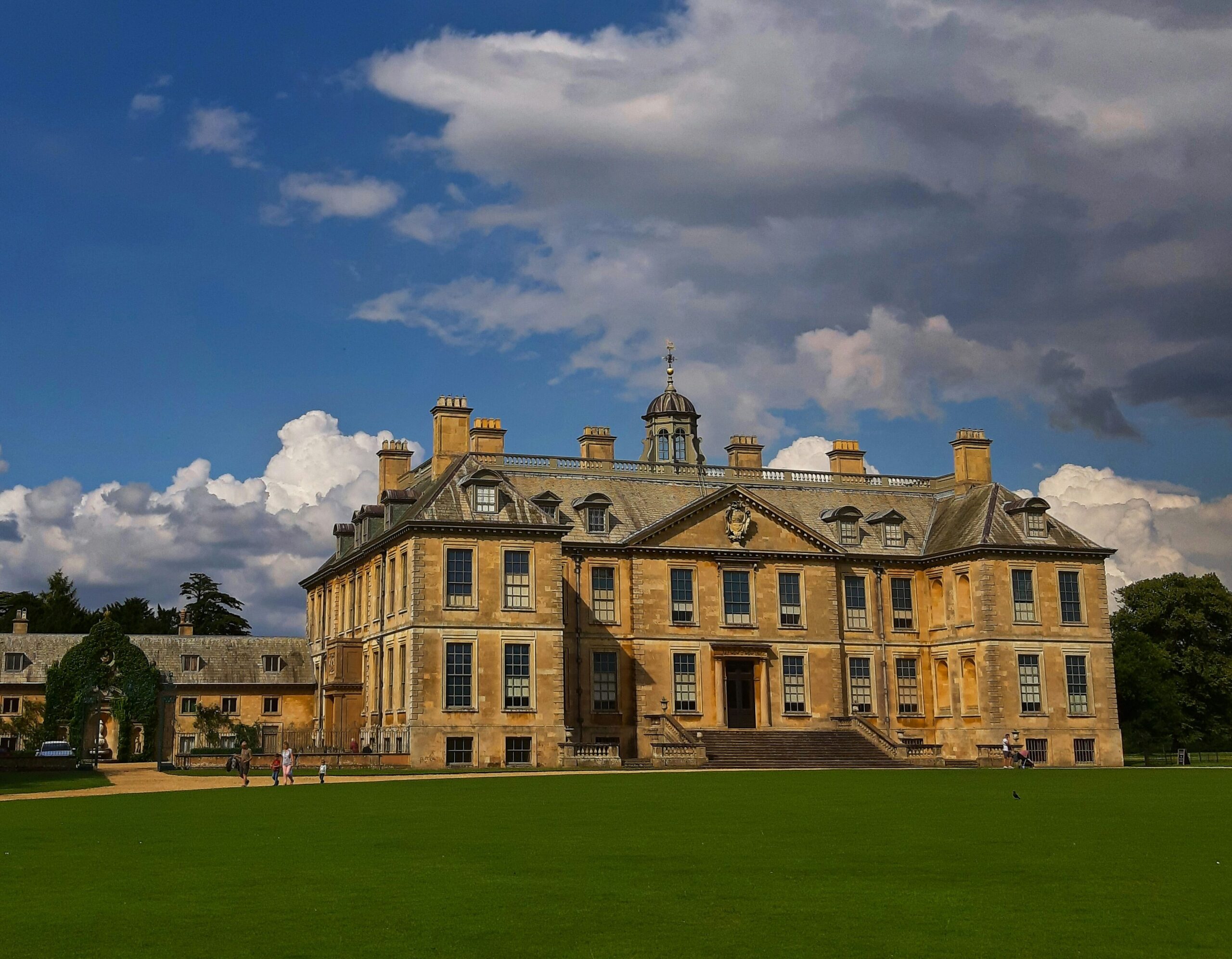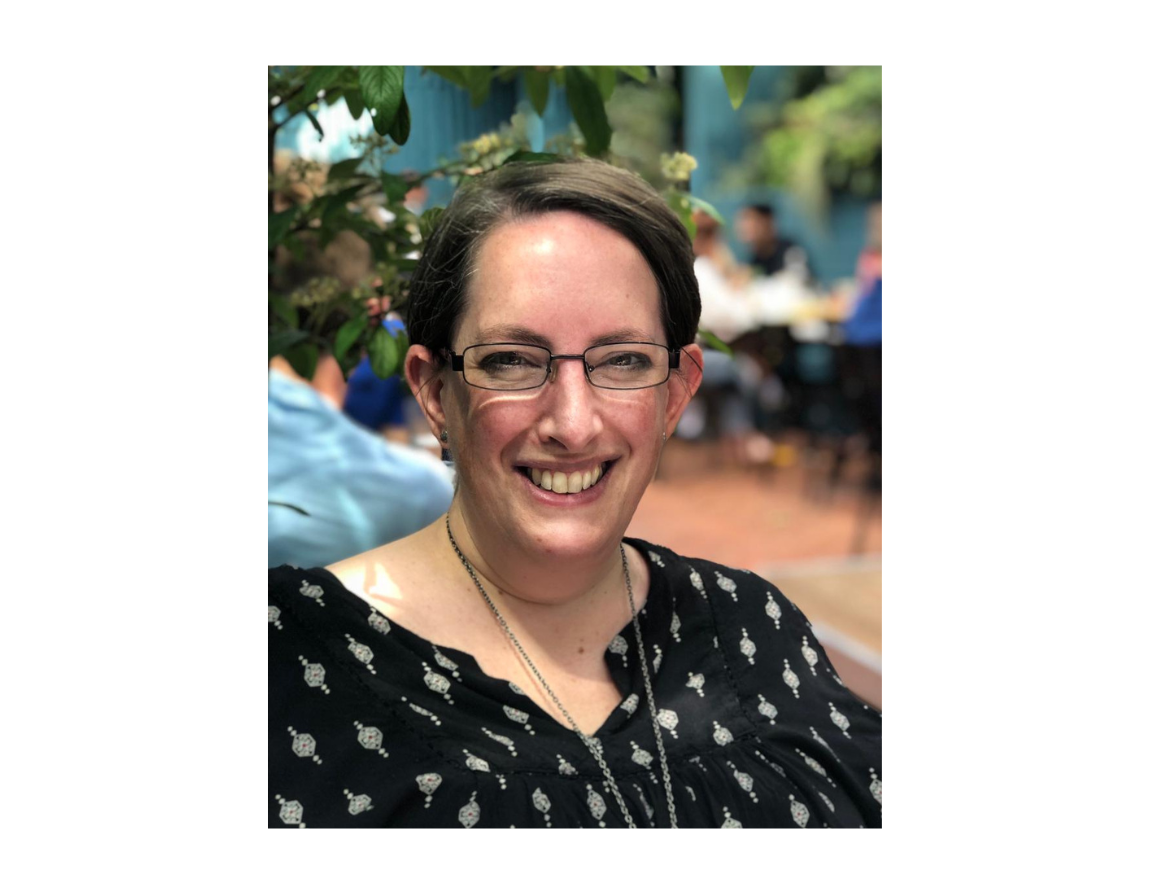The second of Louise Davis’ reflections to get you into the holiday spirit, and suggest ways in which you can bring that spirit home with you.
3 August 2025
Time to talk
Now before the festival of the Passover, Jesus knew that his hour had come to depart from this world and go to the Father. Having loved his own who were in the world, he loved them to the end… After Jesus had spoken these words, he went out with his disciples across the Kidron Valley to a place where there was a garden, which he and his disciples entered.
John 13:1, 18:1 (NRSV)
Doing things while on holiday is all very well, but sometimes the not doing, the simply being, is just as important, allowing things to unfold in sometimes unexpected ways. Holidays can create space for conversation, for example, and the sharing of ideas. When we feel more relaxed, it can be easier to be a little more vulnerable, to give a bit more of ourselves.
Of the 21 chapters of John’s gospel, he sets aside five – just under a quarter of the entire book – to his account of Jesus’ final meal with his disciples. If ever there was a conversation that would change the world, this was it. Many of us on holiday will have found ourselves sitting late into the night, perhaps over good food or a glass of something, talking with friends and family to a depth and with a purpose which rarely feels possible at home. Those conversations – and indeed those occasions – can inevitably become fewer and further between when the pressures and obligations of normal life intrude.
It is important to notice that sharing the Passover with his disciples was an occasion for which Jesus had planned. He was intentional about wanting to spend this time with his trusted group of friends, and he wasn’t leaving things to chance. Occasions when we set aside unhurried time with people who are important to us can be worth their weight in gold.

Many of us on holiday will have found ourselves sitting late into the night, perhaps over good food or a glass of something, talking with friends and family to a depth rarely possible at home.
Discovering the story
Now on that same day two of them were going to a village called Emmaus, about seven miles from Jerusalem, and talking with each other about all these things that had happened. While they were talking and discussing, Jesus himself came near and went with them, but their eyes were kept from recognising him. And he said to them, ‘What are you discussing with each other while you walk along?’
Luke 24:13–17a (NRSV)
When I was growing up, my family were members of the National Trust and English Heritage, so no holiday was complete without trips to glorious houses, castles and gardens within a 45-minute travel time of our self-catering cottage. Visiting these extraordinary places had two long-lasting impacts on me. First, they enabled me to come face-to-face with the kind of beauty, skill, creativity and vision that were somewhat lacking in my day-to-day suburban existence. Second, they gave me a tangible sense of the national story into which I had been born and was growing up.
In the period over which I have been visiting heritage properties, our collective understanding of the importance of knowing who is telling ‘our’ story has grown and developed significantly. There is now a growing recognition that we need to tell the story of everyone who has shaped who we are as a nation, not just the stories of those with power and money.
These verses from Luke remind us of the importance of reading the story of God’s people through the eyes of the person on whom it is centred. These two grieving friends couldn’t make sense of the events they had witnessed until Jesus unpacked it with them. He was a master storyteller, and he uses those skills to stunning effect as he walks and talks with his friends. He weaves a narrative that reaches back into the story of the people of God, the places they have inhabited, the divine encounters they have had, until in a moment of true theatre he re-enacts the giving of the bread and the wine and the last supper and, in this moment, ‘their eyes were opened, and they recognised him, and he vanished from their sight’ (Luke 24:31).

Visiting these extraordinary places gave me a tangible sense of the national story into which I had been born and was growing up.
Time for reflection
Mary said, ‘My soul magnifies the Lord, and my spirit rejoices in God my Saviour, for he has looked with favour on the lowly state of his servant. Surely from now on all generations will call me blessed, for the Mighty One has done great things for me, and holy is his name; indeed, his mercy is for those who fear him from generation to generation. He has shown strength with his arm; he has scattered the proud in the imagination of their hearts. He has brought down the powerful from their thrones and lifted up the lowly; he has filled the hungry with good things and sent the rich away empty.’
Luke 1:46–53 (NRSV)
One of the first things that goes in my suitcase whenever I go away on holiday is my journal. As I journal on those occasions, I often find myself looking back over longer periods of time and, for example, seeing connections between events or experiences that I have previously overlooked.
I have a sneaking suspicion that had Mary been born at a time when pen and paper (and education for girls) were freely available, she would have been an inveterate journal-er. The first two chapters of Luke portray a young woman who thought deeply about the encounters she had – whether with angels or shepherds – and took time to process their significance.
It can be tempting to read this glorious passage from Luke as a spontaneous outpouring of praise, and perhaps it was. But I suspect that from the moment of her encounter with Gabriel, Mary had been processing the experience and making connections with what appears to be a deep-rooted understanding of the history and call of her nation.
What is important here is not the method of reflection – journalling is just one way in which to process experience – but the value of reflection itself. Holidays can offer vital space and time in which to reflect on our own experiences.

What is important here is not the method of reflection, but the value of reflection itself.
Sabbath revisited
If you refrain from trampling the Sabbath, from pursuing your own interests on my holy day; if you call the Sabbath a delight and the holy day of the Lord honourable; if you honour it, not going your own ways, serving your own interests or pursuing your own affairs; then you shall take delight in the Lord, and I will make you ride upon the heights of the earth; I will feed you with the heritage of your ancestor Jacob, for the mouth of the Lord has spoken.
Isaiah 58:13–14 (NRSV)
The reality of all holidays is that they come to an end. Many of us will know the feeling of heading home after a week of rest, relaxation, good food and good company, determined to make changes that will mean that something of that holiday spirit will continue as we re-enter ‘normal life’. All of us know just how hard it is to do that in reality.
I began these reflections with a reading from Exodus which reminded us that the sabbath is a holy day, set apart by God for rest and to give us space to recalibrate our perspective, refocusing on who God is and who he has called us to be.
Now we have come full circle, and we end with this challenging reminder from Isaiah which helps us to consider what it might mean to ensure that our holy days continue to impact our every day. Isaiah is reminding God’s people that a true sabbath means refocusing on God and honouring his day. But he also reminds them that the values and principles of sabbath, of making sure God keeps his rightful place in our activities and relationships, does not stop when the sabbath ends. The other six days of the week should also be days when God’s kingdom values – grace, justice, mercy, compassion – shape our lives, our choices and our relationships.
What do we want to commit to bringing back into ‘normal life’ at the end of our holiday? How will we build rest, quality ‘people time’, travel beyond our comfort zones and reflection into the days to come? Something to think about on that sunlounger…
This is an edited extract from Louise’s series of reflections in New Daylight May–August 2024.

